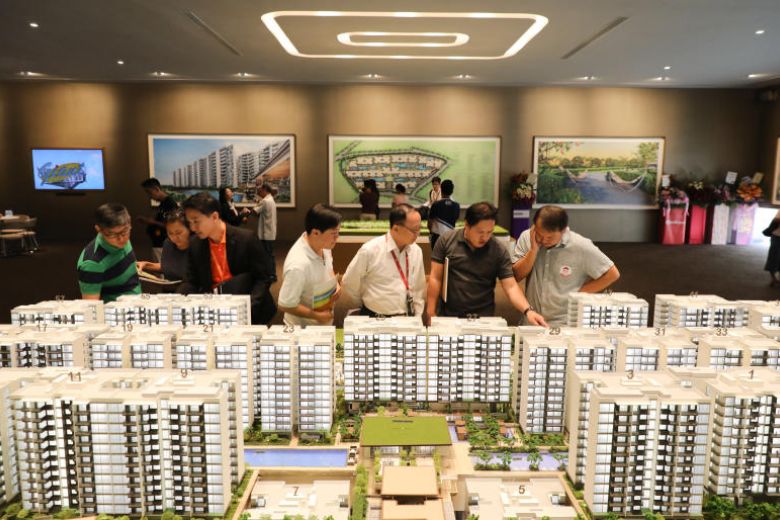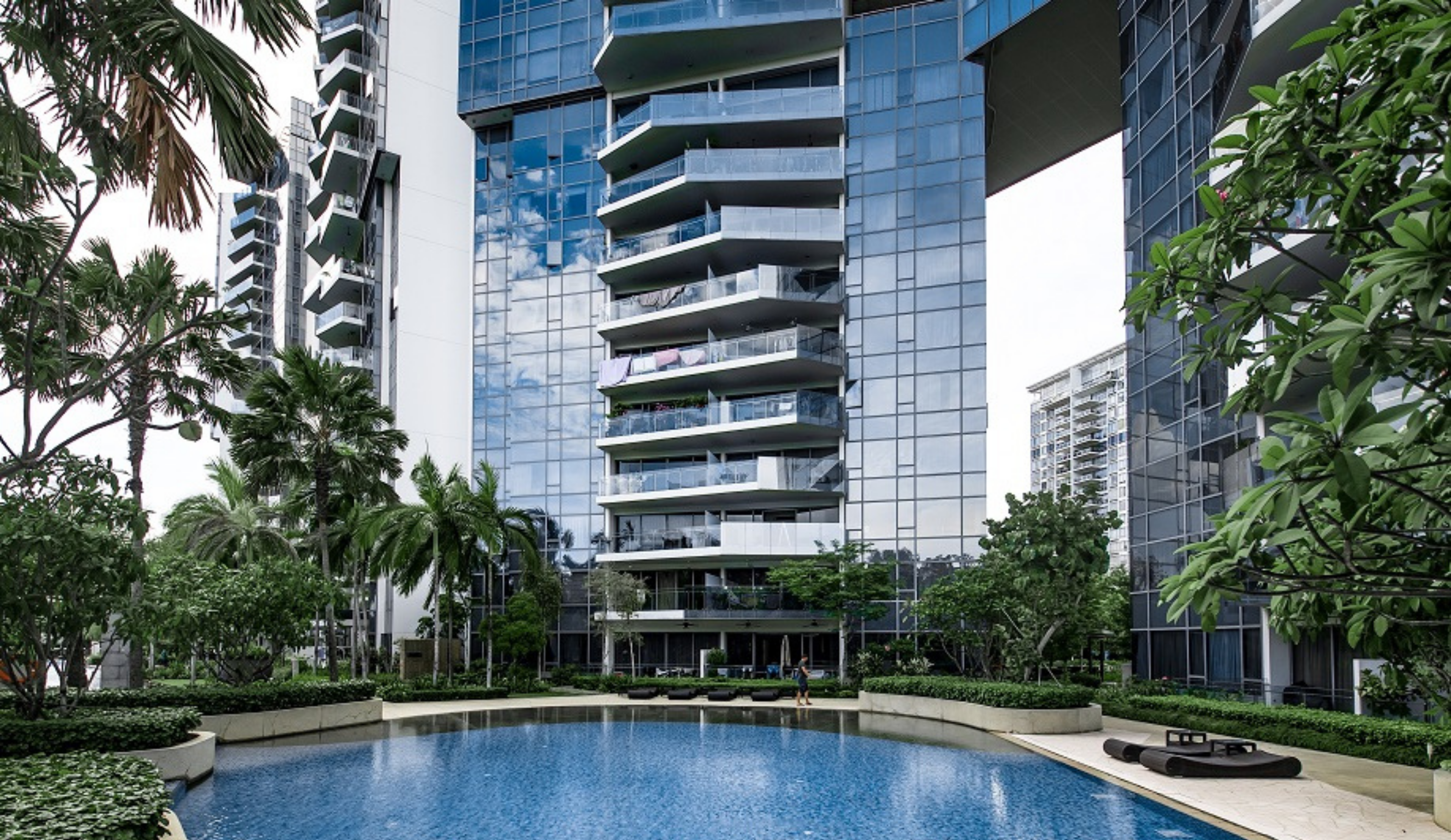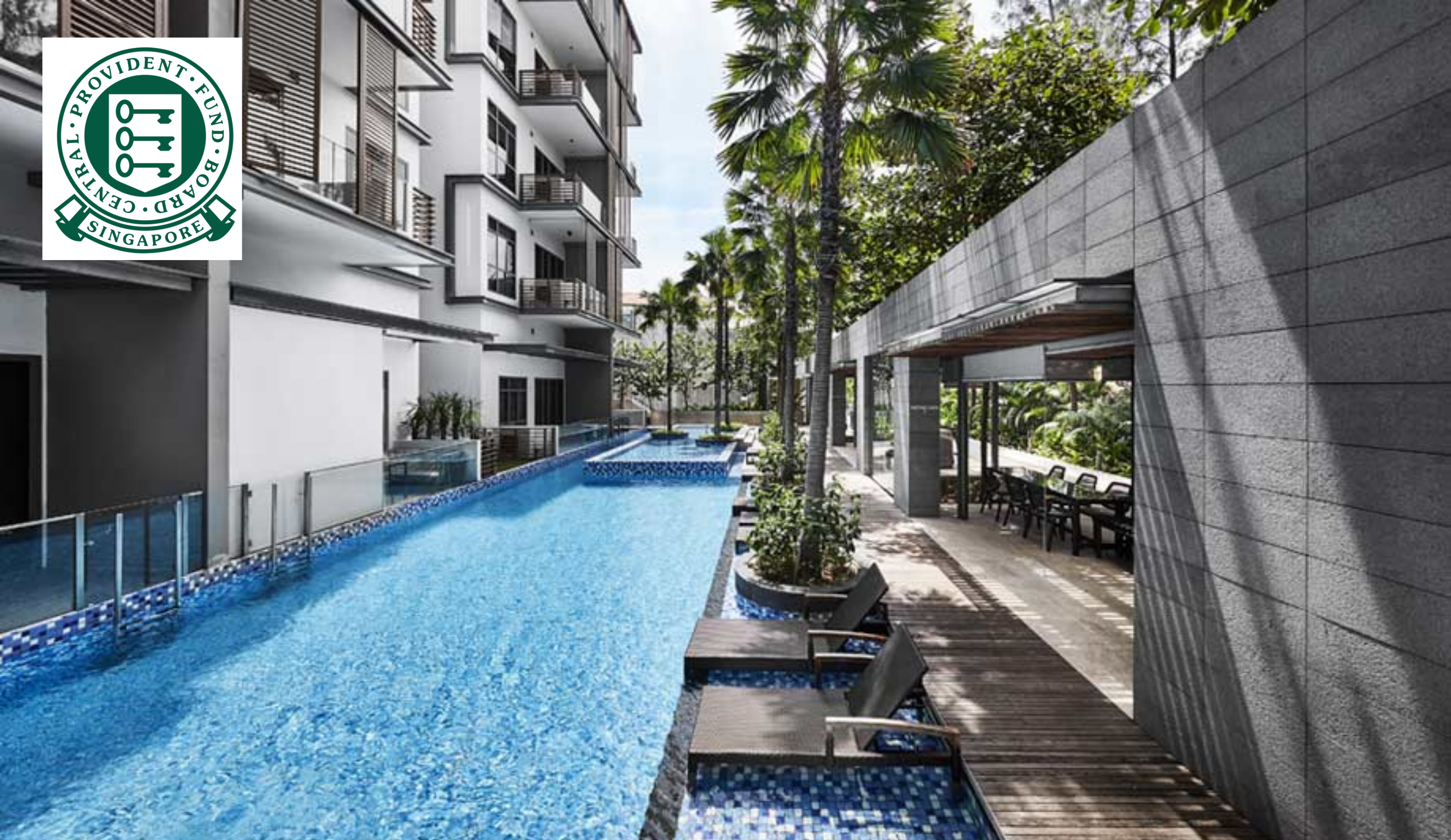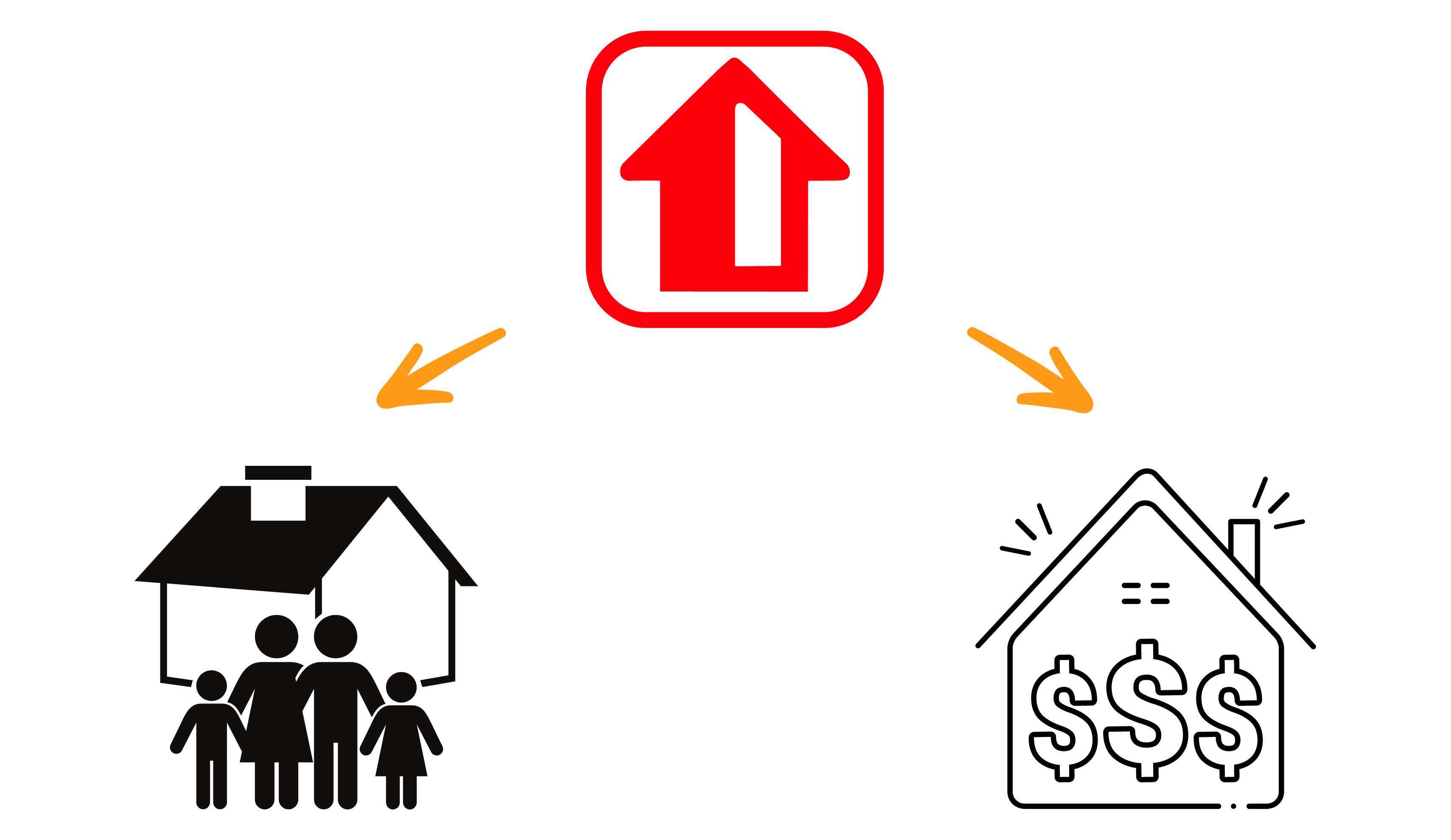Seven (7) Most Important Terms in New Launch Sale & Purchase Agreements That You Should Pay Close Attention To
This article discusses the seven most important terms in new launch S&PA that buyers should pay attention prior to signing
Once you’ve read about the property conveyancing process you will know the basics of buying a house in Singapore. You’ll pay the option fee, wait for the paperwork to follow, and then sign the contract to buy your new house. What’s so complicated about that?
A few days later you get a huge stack of documents filled with unfamiliar words that you’re expected to sign.
This article will explain the terms that you will come across and need to understand in your Sale and Purchase Agreement. These terms will be included in contracts for Executive Condominiums (ECs) and units in a Condominium building still under construction, commonly known as “new launches property.”
Standard Form Contracts
In Singapore, the Housing Developers Control & Licensing Act governs all sale and purchase contracts used by developers in transactions involving their homes. The Option to Purchase (OTP) Agreements and the Sale and Purchase Agreements that buyers must sign in the transferring of real estate are standard form contracts. These are part of the Housing Developers Rules, which is where you can find them.
The Controller of Housing must approve any changes or amendments made to a standard form before it is deemed valid and issued to buyers. A list of the most common terms and their explanations are below:
Clause 2: Tenure
The tenure on your 99-year lease (or 999-year lease) starts on the date that the land was granted to the developer. This means that it does NOT start when you sign the purchase agreement or take possession of the property. Just be aware that by the time you sign the agreement to the time you take possession of the property, three or more years of your tenure could have already passed. Read another article of ours Freehold Vs Leasehold Property: Which is Better?
Clause 5: Payment Schedule
If you are buying a building under construction (BUC), you will be required to make payments when specific stages of work are completed. At the start, you will pay the initial 20% of the purchase price. This is due within eight weeks of the Option to Purchase date and includes the option fee as well as the deposit.
Thereafter, when each stage of construction is completed and the architect certifies this, the developer will notify your lawyer that another payment is due. Your lawyer will then arrange for funds to be drawn from your CPF account, bank loan, or ask you to obtain a cashiers’ order for the payment, depending on how you’re paying for the property.
If you are using the deferred payment scheme to buy an EC, the second stage payment will only be payable when the Temporary Occupation Permit (TOP) is issued. At that time, you will have to pay 65% of the purchase price, after already having paid the initial 20%.
Once your lawyer has received the developer’s notice, you need to make this payment within 14 days. If you miss the deadline, you will be charged a late payment interest fee, as stated in Clause 6. This should only concern you if you are planning to make cash payments.
However, you need to know that with projects in which construction is further along, the TOP may have already been issued. In those cases, the developer may request payments up to that stage of construction. So, once you’ve exercised your OTP you may have to come up with 65% of the purchase price within two weeks.
Also, you should know that the developer has no obligation to offer you an interest-free extension on this payment. Therefore, it would be wise to make sure that any agreement you reach with the developer regarding payment extensions are spelled out in the Sale and Purchase Agreement.
The final 15% payment is handled differently than the others. Part of that payment will be sent to the Singapore Academy of Law (SAL) for them to hold as stakeholder. If the property has no defects and/or you don’t make any claims against the funds being held by SAL, that 15% will be paid to the developer once the 12-month defects liability period has passed.
These funds act as security to ensure that the developer meets their obligations to you by repairing any defects under Clause 17. The developer pays an admin fee for the privilege of using SAL’s stakeholding service.
Clause 7: Repudiation
If you fail to pay the purchase price and/or interest the developer can treat it as if you’ve repudiated the agreement. In fact, the agreement will be considered annulled if you fail to pay the amounts owed within 21 days of receiving written notice from the developer.
Once the agreement is annulled, the developer may retain 20% of the monies you have paid, as well as interest, maintenance charges, property tax, legal fees, and any other amounts you owe and have failed to pay.
Clause 12: Delivery of Vacant Possession
The final date that the developer is allowed to deliver vacant possession of your unit is spelled out in Clause 12. If the developer does not give you possession by that date, he/she is required to pay you liquidated damages at 10% per annum on the amount of the purchase price that you’ve already paid, per Clause 12.7.
Once you take possession, you are required to make 3 payments, which are:
- Title survey fees as stated in Clause 11
- Maintenance fees as stated in Clause 13
- Property tax as stated in Clause 19
Your lawyer will let you know how much you owe for each, where to send the cheques, and when they’re due.
Clause 17: Defects Liability Period
The 12-month defects liability period starts when the TOP is issued. During this time, the developer is responsible for rectifying any apparent defects. If you discover any defects, do the following:
1. Upon receiving written notification of the defects from you, the developer has one month to rectify the problems.
2. If one month goes by without the developer rectifying the defects, you are within your rights to request a price quote from a contractor of your choice. Then, notify the developer in writing that you plan on using your contractor to do the work needed to rectify the problems and include the written quotation you received from your contractor.
3. Upon receiving your notice in writing with the contractor’s quotation, the developer has 14 days to rectify the defects. If he/she fails to do so, you are allowed to engage your own contractor do the work.
4. All costs you incur by having the defects rectified can be claimed out of the amount SAL is holding as stakeholder.
First Schedule: Building Specifications & Amenities
The First Schedule spells out the building specifications and amenities. Nearly all Sale and Purchase Agreements contain descriptions of the types of materials that will be used in very basic terms. No matter what brand of materials, quality or colour of furnishings, doors, fixtures, and other amenities that may have been in the showflat you saw, the descriptions spelled out in the First Schedule is what you need to pay attention to because these are the ones that are legally binding.
Therefore, what you end up with may not resemble what you saw in the showflat. In Note E of the Specification, it basically says that the model, brand, and colour as specified for all appliances, equipment, finishes, fittings, materials, and installations shall be supplied subject to the Architect’s choice and market availability.
Fourth Schedule: Transaction Particulars
Make sure that the transaction particulars spelled out in the Fourth Schedule are accurate. Verify that the option fee, purchase price, and the unit number are correct.
Disclaimer: The information provided in this article does not constitute legal advice. We recommend that you get the specific legal advice you need from an experienced attorney prior to taking any legal action. While we try our best to make sure that the information provided on our website is accurate, you take a risk by relying on it.
At Pinnacle Estate Agency, we strongly believe in sharing our real estate knowledge to the public. For more content like this article, check out our Singapore Property Guides.












